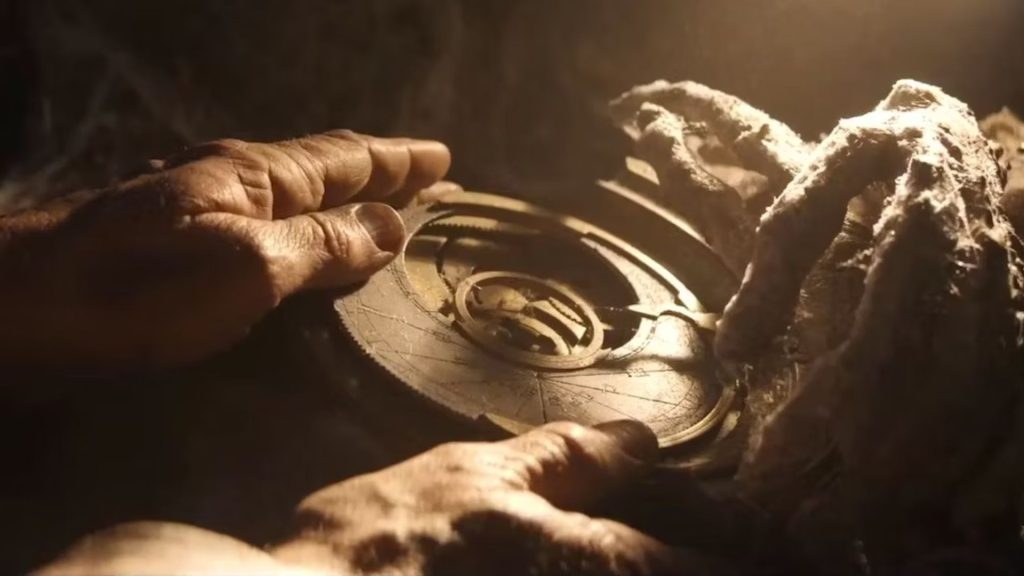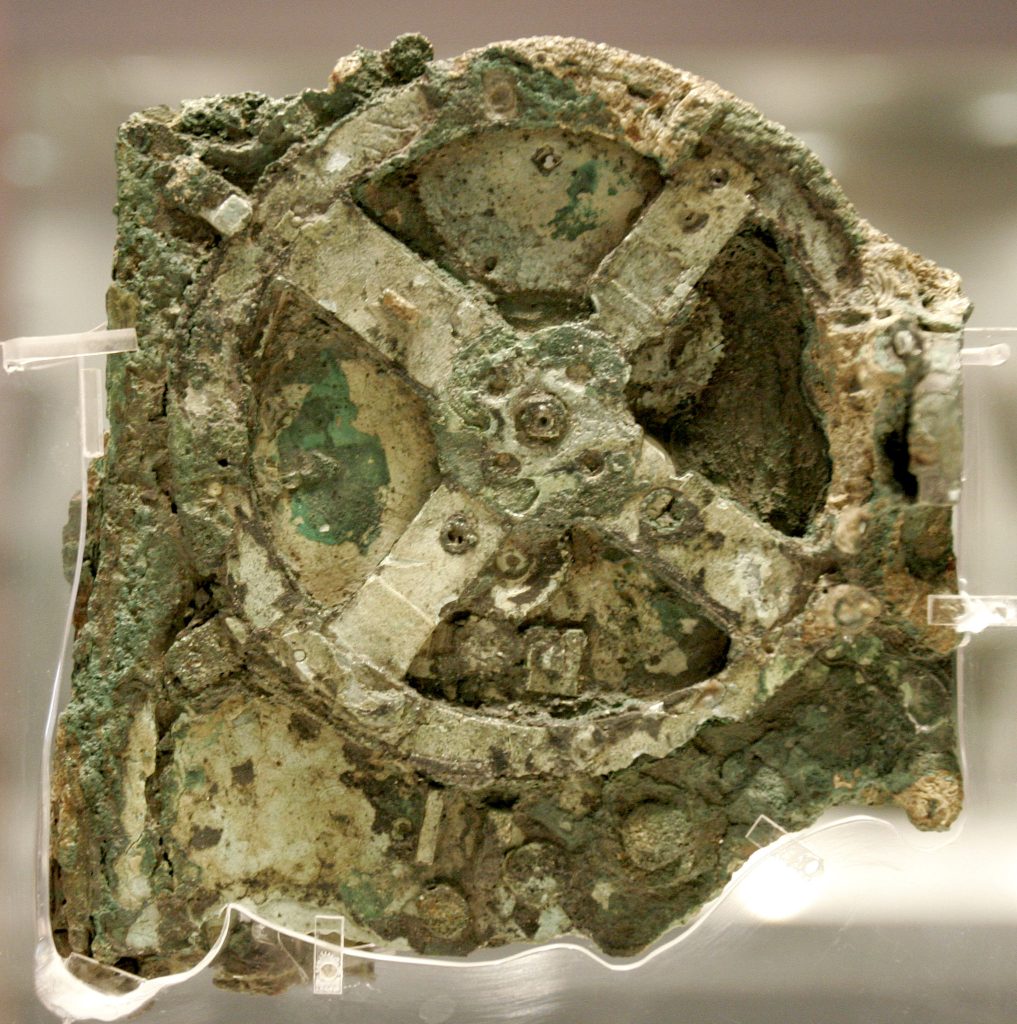The famous Antikythera Mechanism, which currently resides at the National Archaeological Museum in Athens, is the true object on which the latest Indiana Jones movie is based on.
In the movie Indiana Jones and the Dial of Destiny, Indiana Jones (played by Harrison Ford) chases after the Archimedes Dial, which is a fictionalised version of the Antikythera Mechanism that predicts the location of naturally occurring fissures in time.

All in all, it seems like an intriguing premise that plays well with the themes of the story as Indiana Jones goes off on one last adventure as he struggles with his age and place in time.
Dial of Destiny is the first and only film in the series not directed by Steven Spielberg nor with a story written by George Lucas, with Spielberg and Lucas serving as executive producers instead.
It is also the first and only film in the series not to be distributed by Paramount, as Disney acquired the film rights for future sequels.
What is the Antikythera Mechanism?
The Antikythera Mechanism is described as the oldest analogue computer, which was found on a shipwreck off the coast of Antikythera in 1901.
In 2008 at Cardiff University, modern computer x-ray tomography read fading inscriptions which were present within the machine.
It was discovered that there was 37 bronze gears which allowed the mechanism to follow the movements of the Sun, the Moon, Mercury, Venus, Mars, Jupiter, and Saturn. There is also a silver ball which displays lunar phases.

What it was designed to do was track and predict the relative positions of all of those planetary objects in the sky at once, and allowed the operator to see at a glance what the position of each of them would be at any given moment in the future. This included things like the phases of the moon and the timing of eclipses, and it even had the function to keep track of the four-year Greek Olympiad cycle.
Research is still ongoing into the dynamics of the Antikythera Mechanism, so there is no telling what might come next in the list of discoveries about this intricate historic artifact.
Sources: The Collider, Smithsonian magazine
READ MORE: Antikythera Mechanism: 10 things you need to know.

